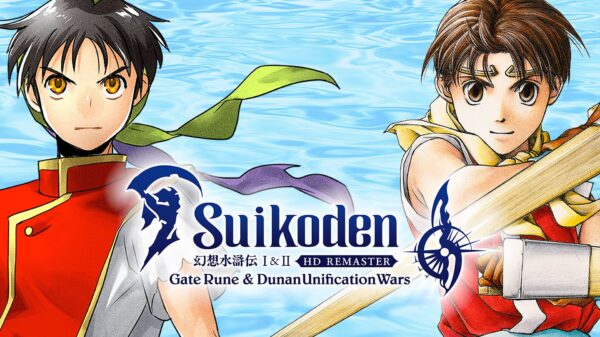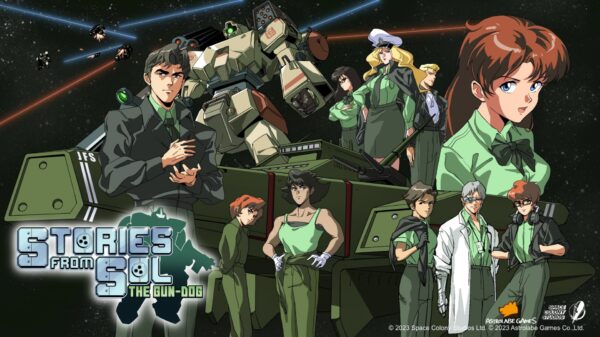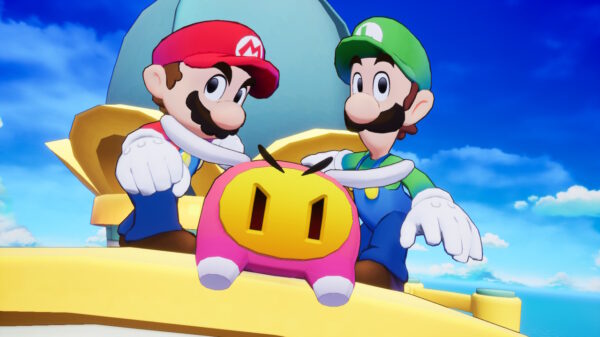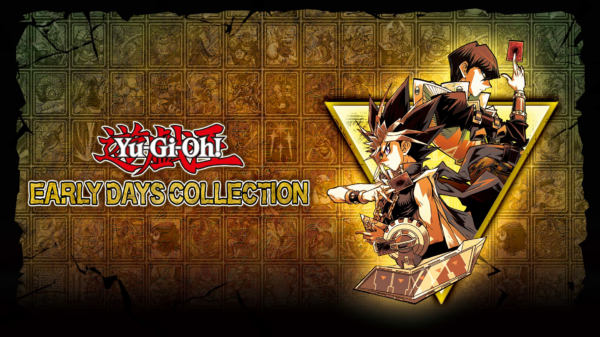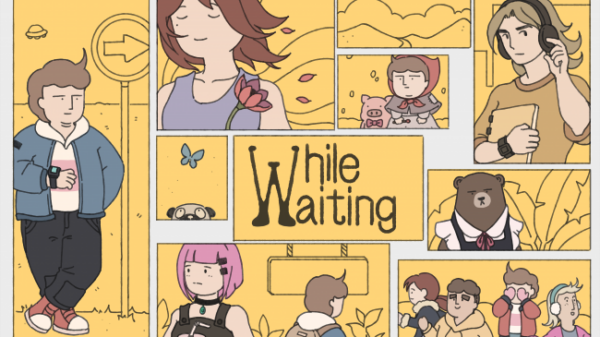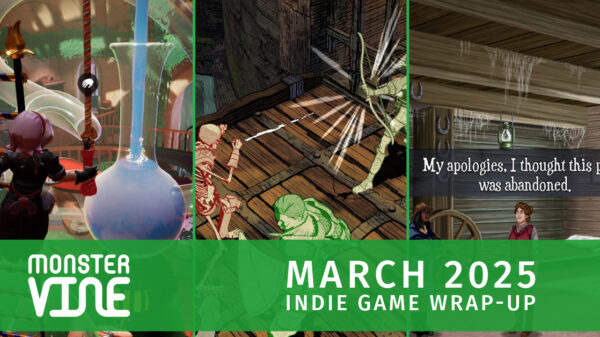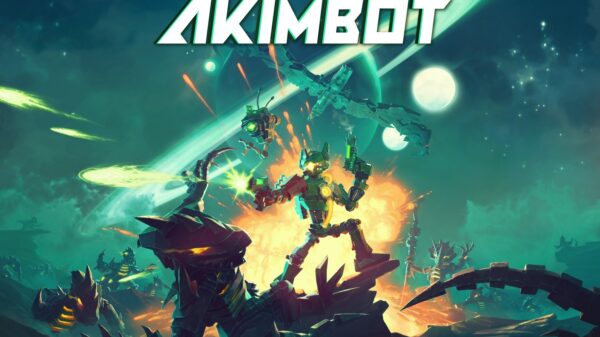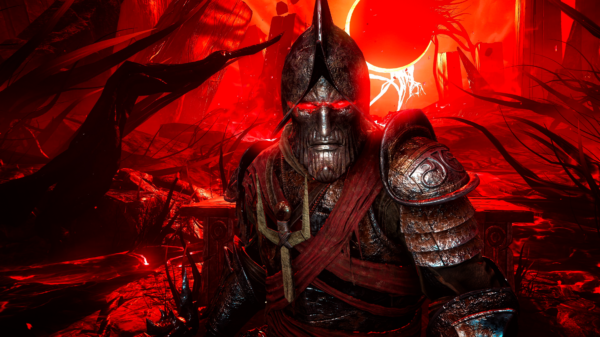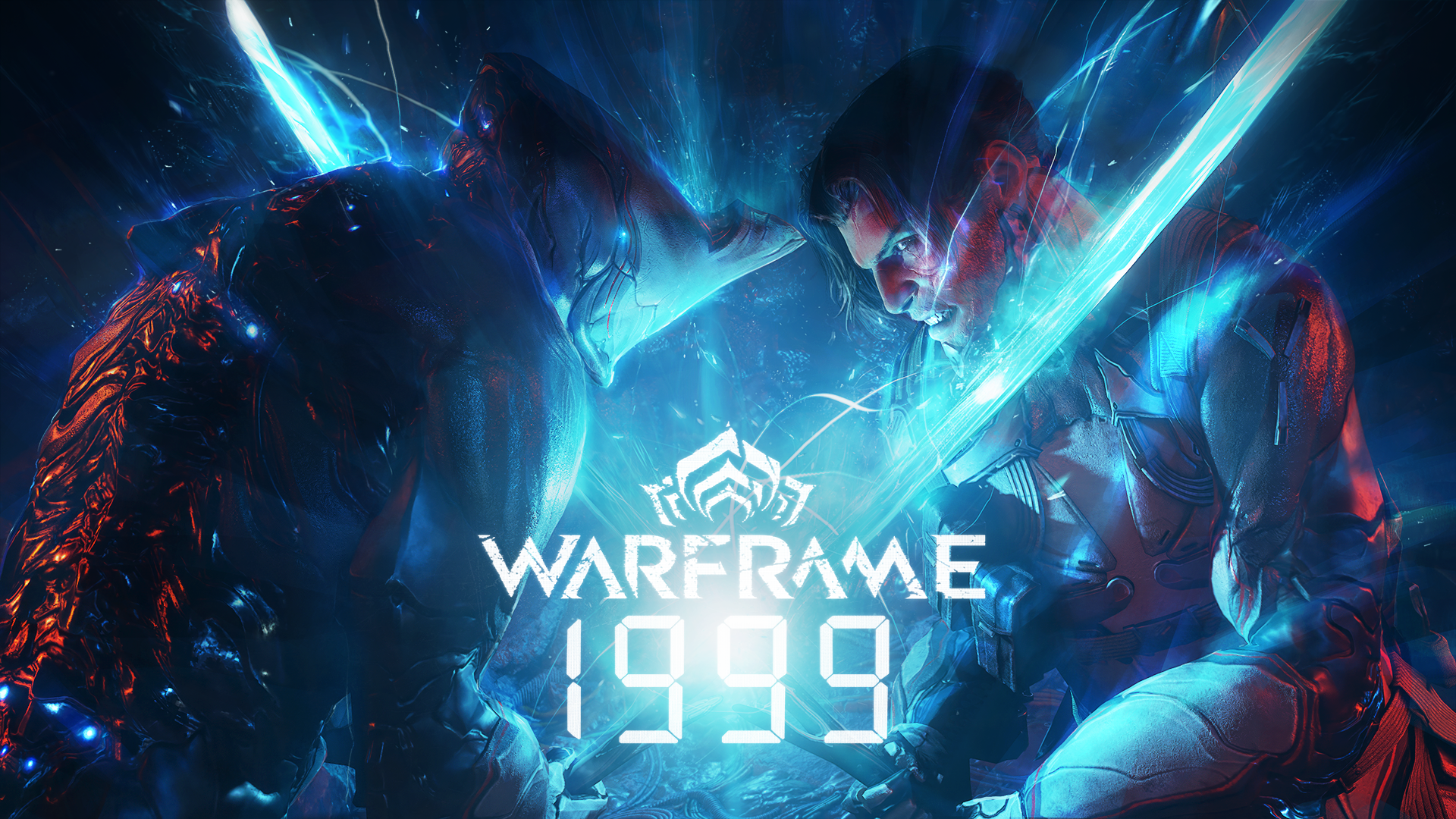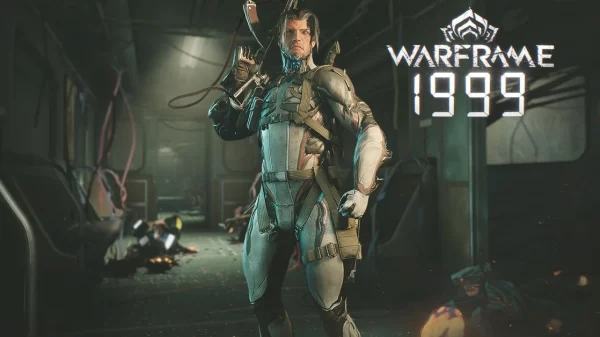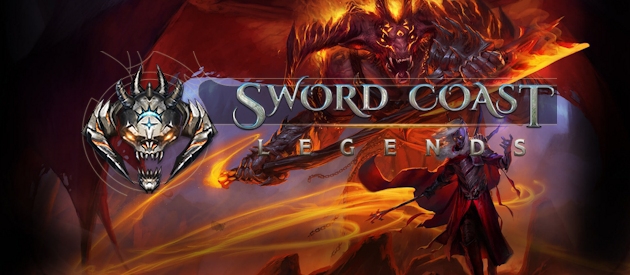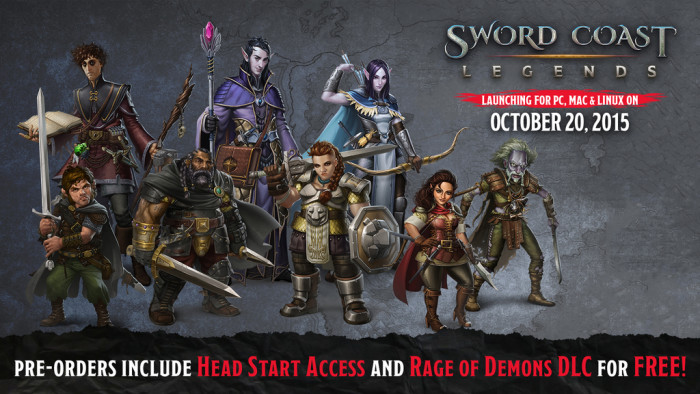Warframe was released a little over 10 years ago. Since then, the game has seen drastic changes in gameplay, characters, and even the story. Although it’s unclear when the game takes place, its in the far future, where space travel is common.
With its ever-growing expansions, Digital Extremes decided to take a step back and have its latest one take place in a time that’s not too far from us in the real world. The latest expansion that the team is working on is being referred to as Warframe: 1999, and as the name suggests, it’ll take place in 1999.
What’s notable about Warframe: 1999 is that it’ll take place on Earth, but it’ll be an alternate version of the one you and I live on. That being said, it’ll still have many of what made the 90s so iconic, such as chat rooms and arcades, and the overall aesthetic.
In an interview with MonsterVine, we were able to sit down with some of the cast from Warframe: 1999, including Ben Starr (Final Fantasy XVI), Alpha Takahashi (Cyberpunk 2077), and Nick Apostolides (Resident Evil 4). We talked about how it felt to revisit such an iconic point in time, how they prepared for the role, and what they think will be trending 20 years from now.
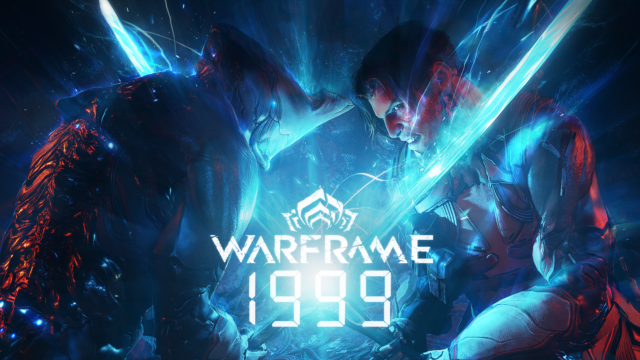
MonsterVine: Can you give me a 30-second elevator pitch on who your characters are in Warframe: 1999?
Starr: Arthur is the squad leader of the Hex group. He is a Proto Frame, essentially the Excalibur Proto Frame. He’s a badass with a cool sword and a cool gun, and he has some great friends.
Takahashi: Aoi is Arthur’s sidekick. I am your Robin to your Batman. I would like to think of them as not in a romantic relationship, but that might depend on the player. She has a very cool appearance; her hair is white and blue, and she seems calm and collected. I [can’t wait for players] to see her having this passionate [and] loving side to her and the entire Hex team who’s her family.
Apostolides: I would say that Zeke is the frontman of a boy band from the late 90s. What he represents is the theme, the culture, and the spin of this year. He’s peppered into the entire 99 experience, and I think [the players are] going to feel this presence everywhere at some point [the players] will have to deal with him.
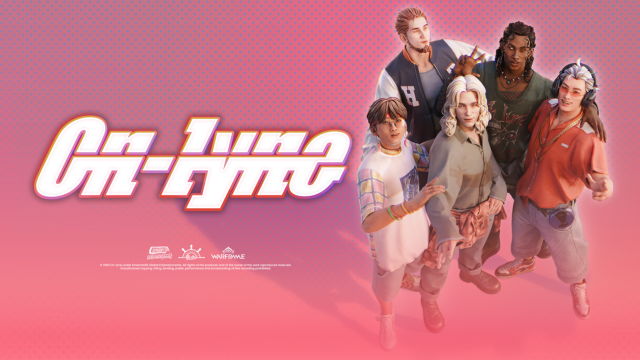
MonsterVine: Takahashi in Cyberpunk you play as an Arasaka who says one thing and means another. How does it feel to portray a character who can be trusted?
Takahashi: When I first got the script during the auditions, I had no idea [what kind of person she was]. Was she a commander or operator, or was she chill? When I came to have a live session with the creative teams, that’s when I got all the information I needed. I want to create a voice for Aoi who isn’t disconnected. She is all about connecting with her team. That is her core.
Monstervine: Apostolides, how did you get into the headspace of a boy band member?
Apostolides: We did a lot of interviews. There is stuff [players] are going to see in the game. Spoiler alert. I remember watching a lot of MTV back in the day. I consumed that stuff. I wanted to learn anything about bands and groups that were hot at the time. I just remember the vibes of these younger groups and how they would present themselves. They were all very wide-eyed, and they were being hit with this stardom and fandom. I just kind of channeled that just a little bit.
Monstervine: Starr and Takahashi, how does it feel like to be the faces of some of the first frames in the game’s franchise?
Starr: It feels great. It’s a bit of pressure, but I kind of think it takes the pressure off. You’ve seen two Frames so far. We’ve teased the third, and there are going to be many more you’ll see. It’s exciting because Warframe is famous for having [multiple Frames]. We’re now at 90 plus different Frames that you can play as. It’s very cool to be the first people to use it.
Takahashi: It’s been a very long-standing game, and to sort of inherit that story and have it in the background, there’s a lot to think about when you’re going into these voice recording sessions. Players are finally able to see their eyes look! I know that there’s a lot more emotion. I feel like there’s a lot more emotion. Warframe has been a very emotional storyline and all the lore behind it.
But now you’ll actually be able to visually see that in the characters, and I think that adds on so much more, and I’m very grateful to be the part at the beginning of that.
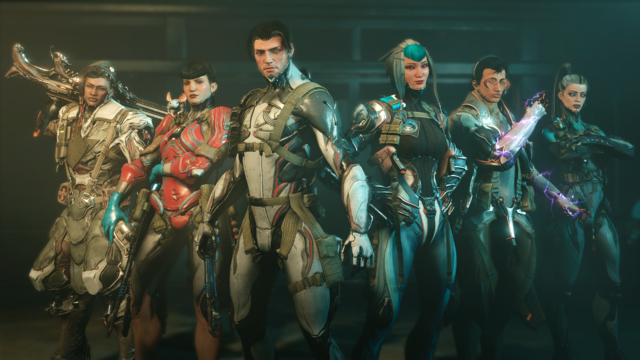
MonsterVine: Warframe has a very long and rich history. How did you all go about studying the world?
Starr: I went and watched a lot of lore videos. There’s a lot of them, and they’re really good. The fan base is so great about creating all the materials that you’ll need to get into it or explain it. I’m always one of those people that, once I’ve played a game, I’ll type in the name of the game and then the word “Analysis” to see what comes up on YouTube.
It was easier for me to have access to the things in Warframe that I needed to know to get me up to date. Because I’m like, “Who is Entrati? What does he want?” Because when you see Arthur, he’s very much on the hunt for Entrati. So I felt like I needed to have this connection on what this was. So, I specifically targeted that lore. That was the stuff I needed to lock in, so I understood what Arthur wanted when he spoke about Entrati.
Takahashi: [Shows MonsterVine, the iOS mobile app for Warframe] I play a lot of it on my phone. As Ben said, I shamelessly watched about 20 hours of gameplay and tutorials. So I got a really good head start. Every time I was in the car and going somewhere, I would listen to these tutorials and understand everything I needed to do. I think that helped me get started.
Apostolides: I was very aware of what Warframe was, but I never played it myself. So yes, I did hop on YouTube, and right away, I saw how much the community really dissects everything. The way that Zeke was described to me, and then when I learned a little bit more about his character, was going to be interfered into 99, and I realized it was going to be such a surprise for people.
He’s a different entity in this universe, and so it dawned on me after probably four to five hours that it didn’t really matter because he’s going to feel so out of place in a very fun way.
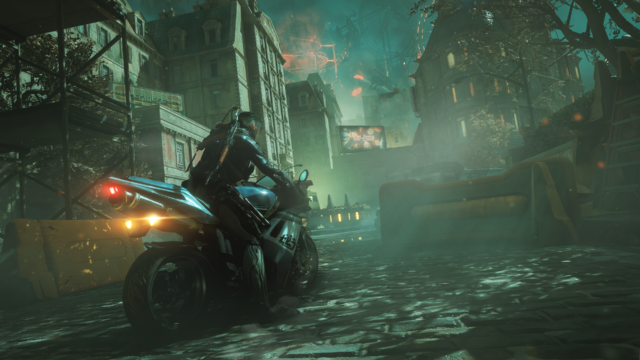
MonsterVine: How much of a creative input did you all have when it came to voicing your characters?
Starr: The most powerful thing an actor can do is not change what they say. It’s how they say it. We are given a template of what to do, and then we have to kind of add flavor to it. I will say that the team didn’t come on and say, ‘You need to have this inflection or this and that.’ They gave us this really lovely canvas. Maybe there are very specific needs for what we need to do up to this point.
The team allowed us to interpret those lines however we wanted, and that made us feel valued for making those choices. Even if they didn’t work, it was great to feel like we had the safety to go and those things out. I feel very safe moving forward with these characters in the future; we feel like we’re being heard and understood in what we want to bring to it.
Takahashi: Ben’s a better actor than I am because I had to change lines. I’m Japanese, and I say this openly: I have trouble with L’s and R’s. There are certain instances where I just couldn’t say certain lines. The writers and directors in the session were so welcoming about changing and switching around lines.
Even taking some of the essence of my own personality. For instance, they kept my own giggles in there, which was surprising to me. I specifically remember them saying during a session, “Do what you want to do. Because we want to make sure that you’re comfortable and feel good, and you feel good.”
Apostolides: There’s always this moment of synchronicity when you realize that you’re very much on the same page with the creative team and that you all agree on this direction. You all bring things to the table, and ideas start becoming more of the same. You agree to have influence here and paraphrase things.
It’s a synergy that feels special because you feel like you can be trusted, and you feel like you have some license with the character. You’re not just some guy saying some lines.
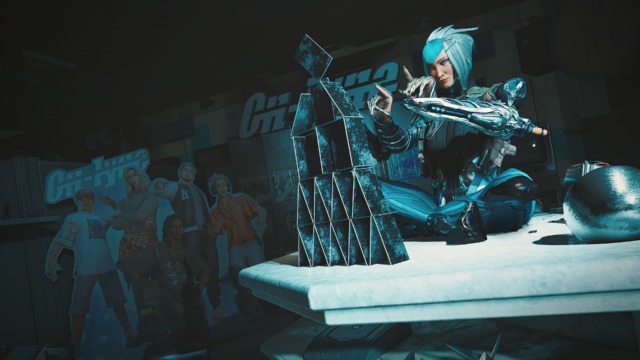
MonsterVine: 1999 was such an iconic time in the real world. There was all sorts of music and culture booming. How did it feel to revisit this period?
Takahashi: Watching the demo brought us back, and that was to be able to do that. [Digital Extremes] did such a good job at bringing that feeling spot on. Especially the music, which was so catchy and infectious.
Apostolides: For me it was the computer stuff. I don’t know if anyone caught it, there was a very subtle sound effect that they threw up in the dial-up tone. It was a little quiet, but I heard it and it was so recognizable. Stuff like the chats and everything the graphics of the time, that brought me back.
Starr: I think that nostalgia is a really interesting thing because, essentially, it’s not the same thing as historical accuracy. It’s kind of like a reverential look at the past. It’s looking at something fondly, and a lot of the things that defined the era are painted with primary colors.
It’s what Stranger Things did so well in the 80s. It kind of went, “This is how you think you remember the 80s being.” When, in fact, it wasn’t that it was the greatest hit of the 80’s condensed.
The 90’s is having that now. We’re taking all the greatest hits of the 90’s and shoving them into one and going “Here it is” in bold neon. I think what Warframe 1999 is doing is allowing people who maybe weren’t even there to feel nostalgic for a period of time they weren’t alive to experience. To understand if it’s treated with reverence by the people. “God, it must have been cool to be back then,” and making the 90s cool as possessed to something else.
We’re always in the present, and we look at this time’s greats. But I guarantee you that in 25 years, we’re looking back and going, “God, wasn’t 2024 just incredible.” We don’t recognize what the iconic things are yet. I remember thinking, “God, the 90s was a thing. It was so present,” but now that I’m 25 years on from 1999, you’re going, “Wow, that actually was really interesting, and it was beautiful and did have its own idiosyncrasies.”
I do hope that when people go back, they say, “I am nostalgic for this period in time. Even though I wasn’t there, I could feel and understand why people loved it in the way they did. Wouldn’t it have been cool to be in the 90s?”
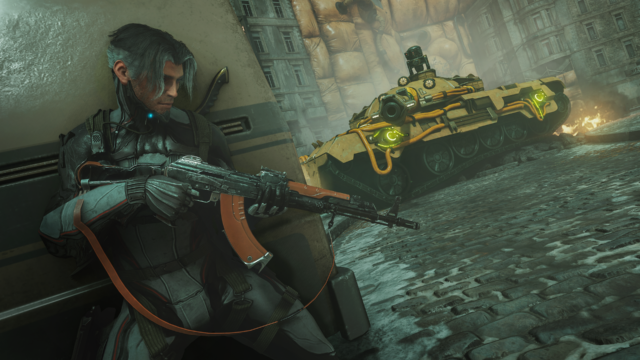
MonsterVine: Let’s flash forward 20 years from now. We’re in 2040. What do you think are the iconic things right now?
Takahashi: The start of AI.
Apostolides: I think fashion cycles. Even now, it does have a 30-year cycle. I think that’s because the people who grew up in those times are now of the age to be the creators of companies. I think that’s why that happens.
Starr: I know exactly what the answer is, which is streaming. People look back and remember streaming content and content creation. TikTok those things will be “God remember how stupid those things were?” Because we can’t see how ridiculous the nature of our society is. You step outside, then go, “Why the fu*k were people doing that?” It seemed so crazy and normal; why were people doing it?
Takahashi: Why were people eating Tide Pods?
Starr: In context, it makes sense. Because it was part of the hysteria that the commonality. Ultimately, human beings are trying to find a way to connect. Whether we can connect over the fact that we’re dancing to a Megan Thee Stallion song, TikTok and other things are ways to communicate and do ridiculous things together.
In 25 years time, we’re going to be connecting in different ways and going “the way that we were trying to connect back then so stupid.” MSN Messenger we look back and go “God remember that,” because we trace human beings trying to connect. It’s all just a chaotic attempt at trying to connect with other people.
I think right now, it’s streaming platforms. It’s all people trying to find aspects of humanity, and we’re doing it in such weird ways. Crazy moments in time, you look back, like grabbing the ALS Ice Bucket Challenge, and say that was silly.
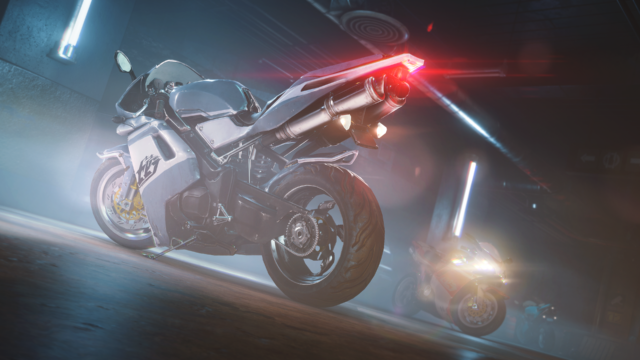
Takahashi: I have a last question for you. Were you [MonsterVine] born in 99?
MonsterVine: No, I was born in 97.
Takahashi: Oh, thank you, thank you!

